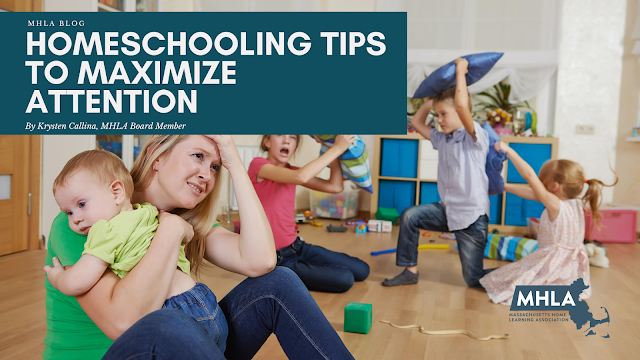What is a co-op?
With so many parents joining the homeschooling community (at least temporarily) MHLA is looking to help provide education and context for homeschooling terms to help educate and ground families in the community and give them a sense of security. We asked Amanda Deane, our newest board member and the mastermind behind Flying Starlings and Westport and Surrounding Area Homeschoolers to talk about co-ops. What are they and how might they work for your family?
A homeschool co-op, short for cooperative, is a group of homeschool families that join together to share in the education of their children. There are also Homeschool Groups that are more general-purpose than co-ops. Homeschool groups may have field trips, park days, parent meetings, talent shows, book clubs, parties, and more. Many homeschooling families have schedules that have both a mixture of weekly or monthly homeschool group, in addition to their time at a Homeschool Co-Op.
Homeschool co-ops offer classes for students that often require parent participation. Don't expect to drop your kids off and leave. In most cases, parents are actively involved in teaching classes, caring for younger children, or helping with cleaning and other types of tasks.
Co-ops can be organized around academics, social time, the arts, activities, crafts, nature, service work, or projects — or some combination of these. Activities and classes that are part of a co-op may be led by parents, or the parents may chip in to pay all or some of the teachers and activity leaders to educate or provide a certain activity.
Homeschool co-ops can vary in size from small with only two or three families to a large, organized setting. COVID has made meetings in these large groups somewhat of a challenge and the future is uncertain when or if they will begin again.
A homeschool co-op can help both the parents and the students alike. They can help expand the knowledge base of an individual homeschool parent or child, allow parents to share their expertise with others, and provide the students opportunities that would otherwise be difficult to achieve outside of a group setting.
Homeschool co-ops provide many socialization opportunities for both the parent and the student. Meeting on a weekly basis provides ample ability to forge lasting friendships.
For younger students, homeschool co-ops may offer enrichment classes or those that require more preparation and clean up than everyday studies. These courses may include science, cooking, music, art, or unit studies.
Homeschool co-op classes for older students often include lab sciences, such as biology or chemistry, advanced math, writing, or foreign language. There are often opportunities for students to take classes that function better with a group, such as drama, physical education, or orchestra.
TYPES:
Academic | Core Education This may be rich in subjects such as history or oceanography. High school students may delve into higher-level courses in such foreign languages, and even lab sciences. If a student chooses to apply to college, the co-op instructors in these types of courses are great resources to seek letters of recommendation.
Arts | Those with an expressed interest in creative pursuits may want to join Homeschool co-op that provides instruction in different artistic genres, such as violin or watercolor. Some homeschool co-ops even bring students together to develop a fashion, choir, or theater program.
Life Skills | For families who want to pursue practical as well as the purely academic skills, they may want to join a homeschool co-op that provides the chance to develop specific life skills like sewing, personal finance, and orienteering or outdoor and nature education.
Faith-Based | Some Homeschool co-ops are organized around opportunities for religious development and fellowship between both the students and parents. Activities such as a Bible study, prayer, or religious education program may be a critical part of these homeschool co-op programs.
Added Bonuses:
- Co-ops usually meet on a set day and time, which helps to keep a schedule.
- Co-ops open the door to first-hand education from parents with unique skills, training, or trades.
- Co-ops help encourage kids to part take in activities they may not normally want to do. If you aren’t a math whiz or an artist, it helps if your friend is and you just may be encouraged to join in something new.
- Co-Ops connect you with resources, events, and information you may not normally have access to. Parents share events and information with each other and give their personal reviews and experiences.
- Support! Many issues come up from legal questions to what curriculum do you like? Seasoned parents often help teach the ropes and all give each other advice and help.
For a list of co-ops and other support groups in your area, visit the Support Groups section of the MHLA website.
Written by Amanda Deane July 20, 2020



Comments
Post a Comment